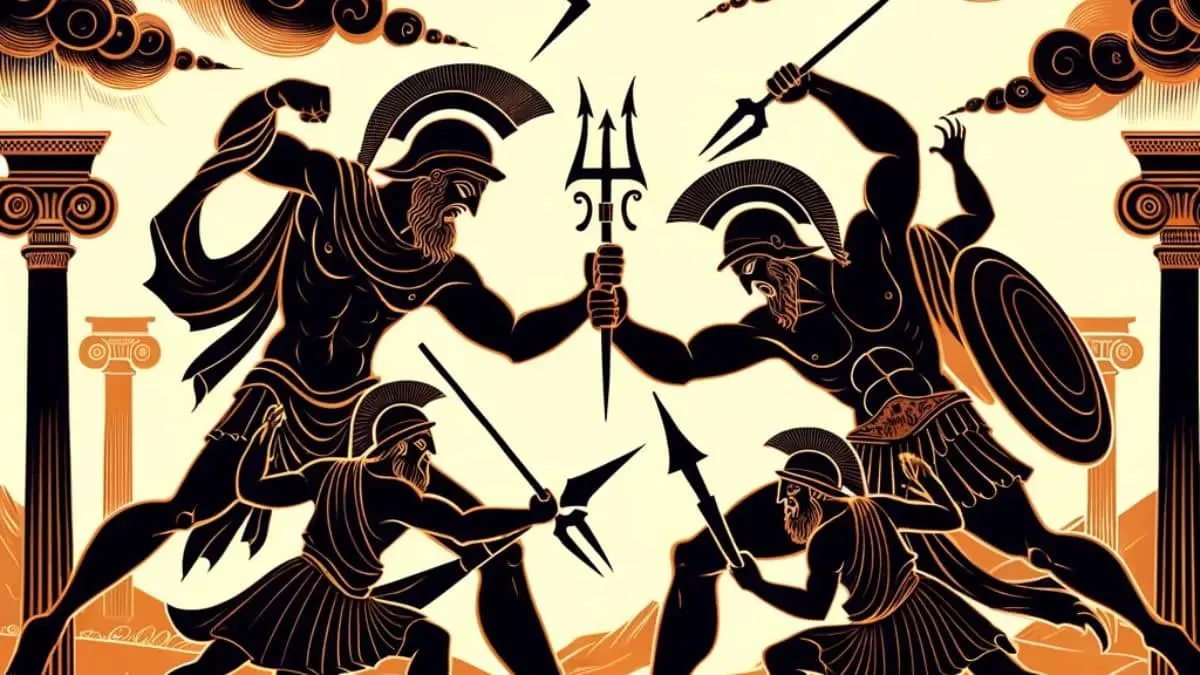Greek mythology, with its rich pantheon of gods, heroes, and creatures, forms a vibrant tapestry that has fascinated humanity for millennia. These stories, more than mere entertainment, served to explain the world, human nature, and the divine, providing a glimpse into the beliefs, values, and fears of ancient Greeks. Let’s Look into the different Types of myths in Greek culture that exploring their depths and the lessons they impart.
Types of myths in Greek culture
The Beginnings: Exploring Myths of Creation
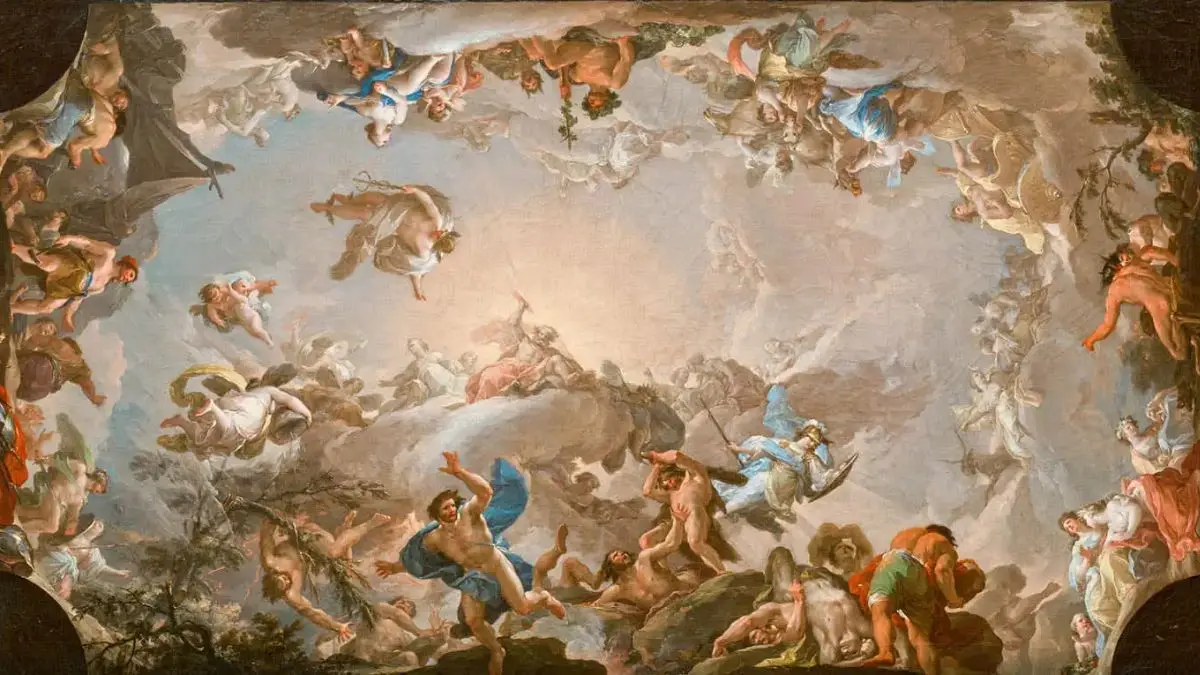
At the heart of Greek mythology are the myths of origin, tales that paint a picture of how the world, gods, and humans came into being. These Stories provide the foundation for the Greek mythological universe, explaining the creation of the cosmos out of chaos, the rise of the Titans, and the eventual ascendancy of the Olympian gods. One of the most renowned tales is the story of Gaia (Earth) and Uranus (Sky), whose union gave birth to the first generation of Titans. Pandora Box is also a kind of creation myth that explains about the creation miseries for human.
Epochs of Divinity and Mortality: Understanding the Ages of the World
Greek myths often speak of different ages of the world, each marked by distinct characteristics and the moral decline of humanity. From the Golden Age, a time of peace and prosperity under the rule of the Titan Cronus, to the Iron Age, an era of toil and misery, these myths reflect the Greeks’ views on the degradation of societal values and the increasing distance between the divine and the mortal.
The Pantheon Chronicles: Tales of the Gods
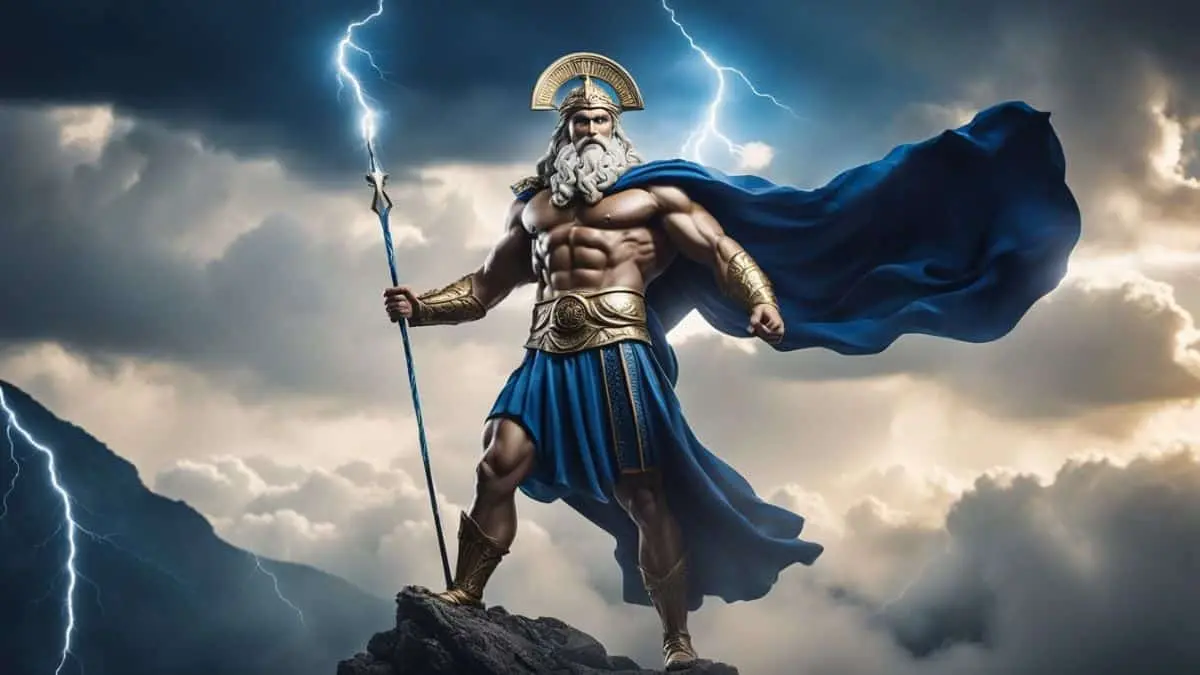
Central to Greek mythology are the stories of the gods, immortal beings with power over the natural world and human fate. These myths explore the personalities, relationships, and adventures of gods like Zeus, Hera, Poseidon, and Athena. Through tales of love, jealousy, and vengeance, they reveal the gods’ human-like qualities and their interactions with humans, offering insights into the ancient Greek understanding of divine intervention and morality.
Valor and Virtue: Myths of Heroes
The heroic myths celebrate individuals of exceptional strength, bravery, and virtue, often with divine ancestry. Heroes like Hercules, Perseus, and Theseus embark on perilous quests, battling monsters and righting wrongs. These stories serve not only as thrilling adventures but also as moral guides, illustrating the virtues of courage, perseverance, and wisdom.
Shadows and Warnings: Myths of Villains
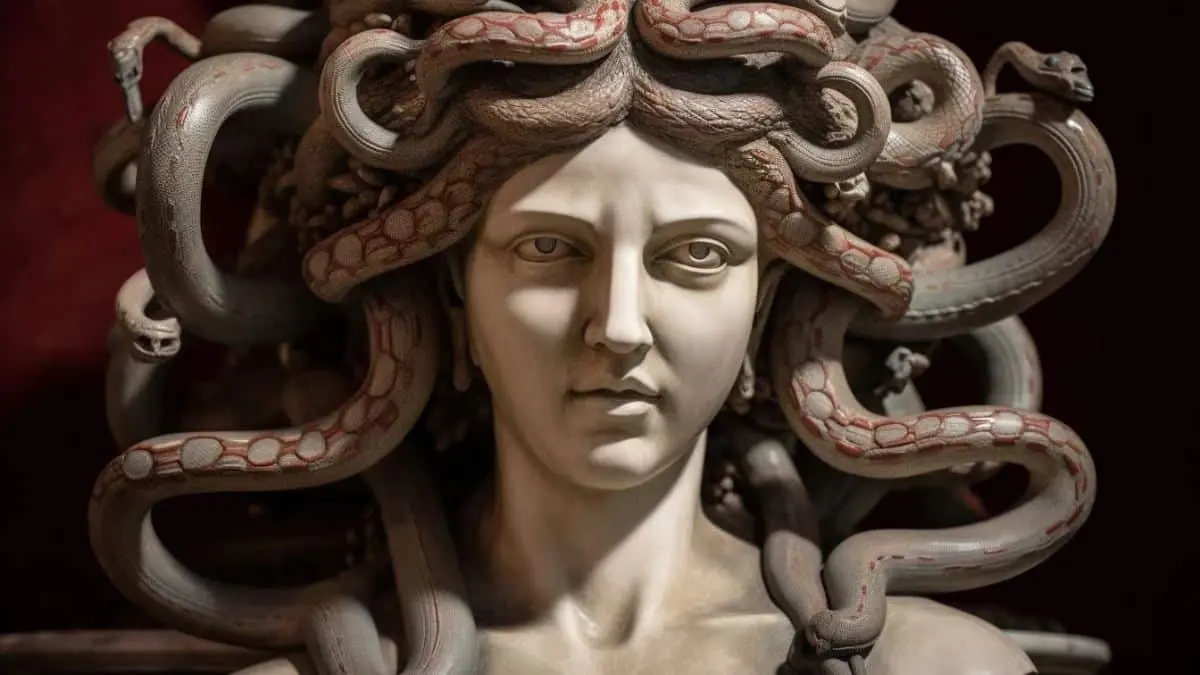
Contrasting with heroic tales are the myths of villains, figures who embody hubris, cruelty, or defiance against the gods. Characters like Medusa, the Minotaur, and the Titans themselves often serve as antagonists in these stories, providing obstacles for heroes to overcome. These myths warn against overreaching ambition and the dangers of defying divine will.
The Cycle of Life: Myths of Seasonal Renewal
These myths symbolize the cyclical nature of life and the changing seasons, often through stories of death and rebirth. The myth of Persephone, who is taken to the underworld by Hades, thereby causing her mother Demeter to plunge the world into winter, exemplifies this theme. Her eventual return heralds the coming of spring, illustrating the interconnectedness of life, death, and the natural world.
Metamorphosis and Mystery: Myths Involving Animal Transformations
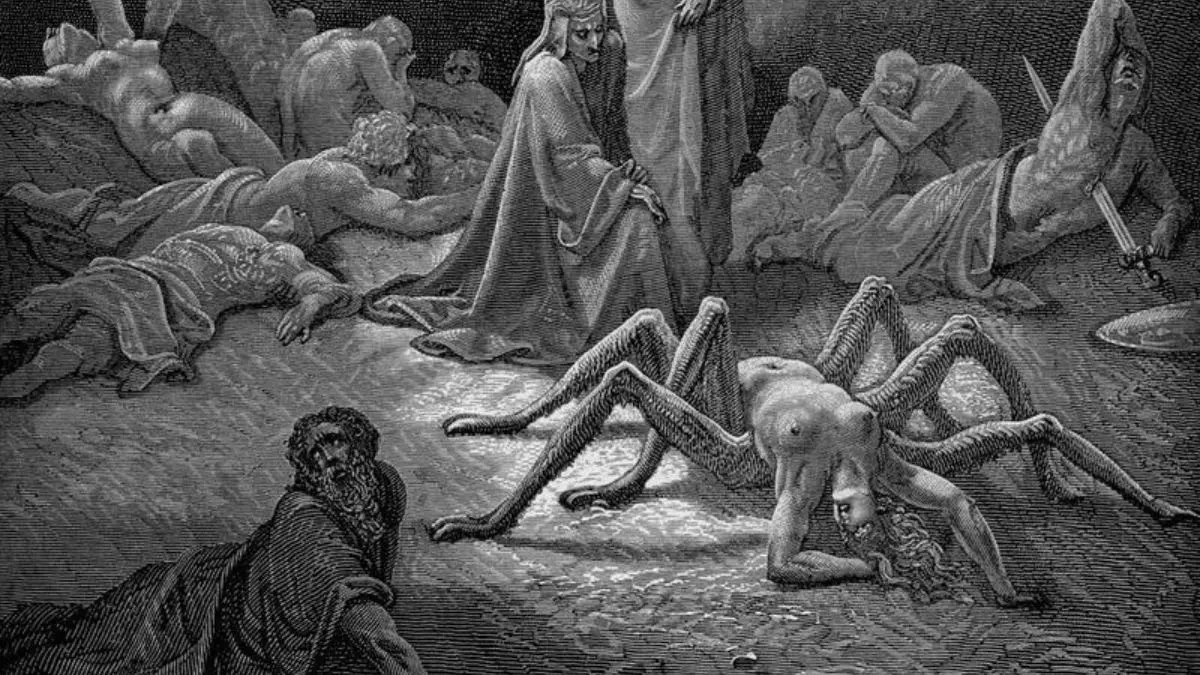
Many Greek myths feature gods and humans transforming into animals or other forms, reflecting the fluid boundaries between the natural and divine. These transformations often carry moral or cautionary messages, such as in the story of Arachne, transformed into a spider for her hubris, or Actaeon, turned into a stag for witnessing the goddess Artemis’ beauty.
The Burden of Proof: Myths of Tasks
Myths of tasks focus on challenges set by the gods or fate, testing the mettle of heroes. These tasks, often seemingly impossible, require not only physical strength but also cleverness and moral integrity. The Twelve Labors of Hercules, perhaps the most iconic example, symbolize the struggle against overwhelming odds and the pursuit of redemption through hardship.


